You may have heard of the Beer Passport, a curated guide to South Africa’s vibrant beer scene. Now, South African coffee lovers have a guide to coffee too! I sat down with Holger Meïer, a long-standing thought-leader in the South African food & beverage industry, the man behind both of these guides to discuss them.
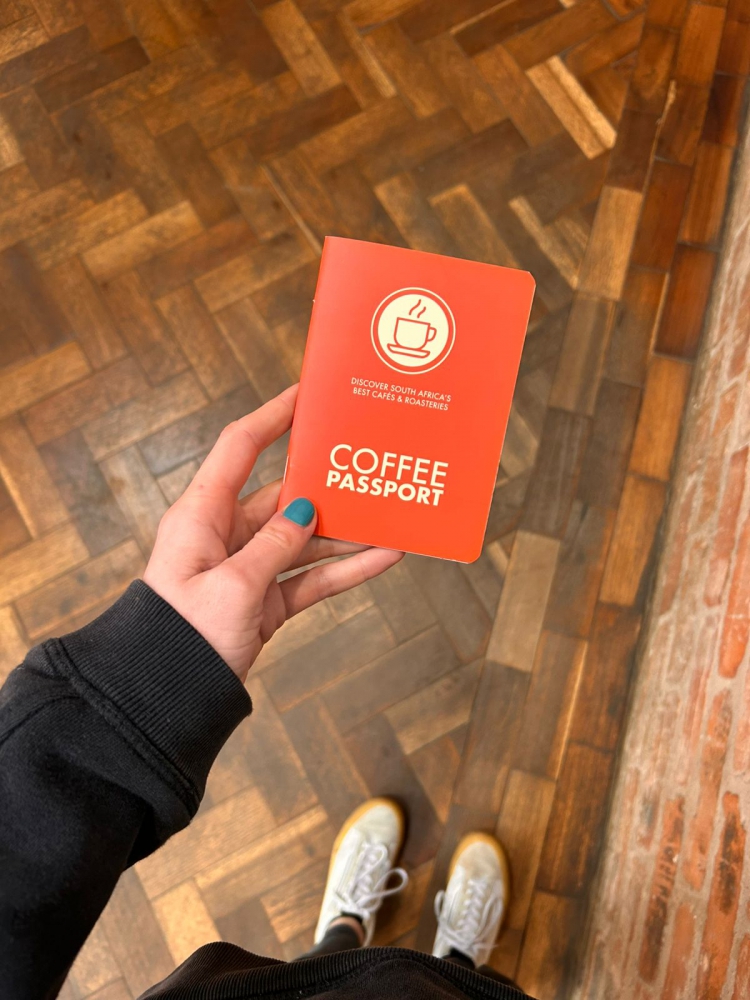
Can you give us a bit of your background? Where did your interest in coffee start? How did it start?
My journey really began with beer. I published The Beer Book in 2014, when South Africa had only a handful of independent breweries. That experience opened my eyes to how travel, local flavour, and storytelling could be woven together. I’ve been interested in coffee for a long time too. My first experience with freshly roasted coffee goes back to the late 90s, when my uncle asked me to fetch some beans from Colombo Coffee in Umbilo. At the time, I was living in a digs with friends, and we decided to start buying beans there ourselves. We even invested in a blade grinder and a percolator — our first steps into the world of real coffee. Years later, I connected with Dario Scilipoti, who shared some of his passion for specialty coffee with me when we recorded a podcast together, that was just before he moved to Howick. Those moments stuck with me. Much like with beer, what fascinated me wasn’t just the drink in the cup, but the people, stories, and craft behind it. That curiosity eventually shaped the Coffee Passport.
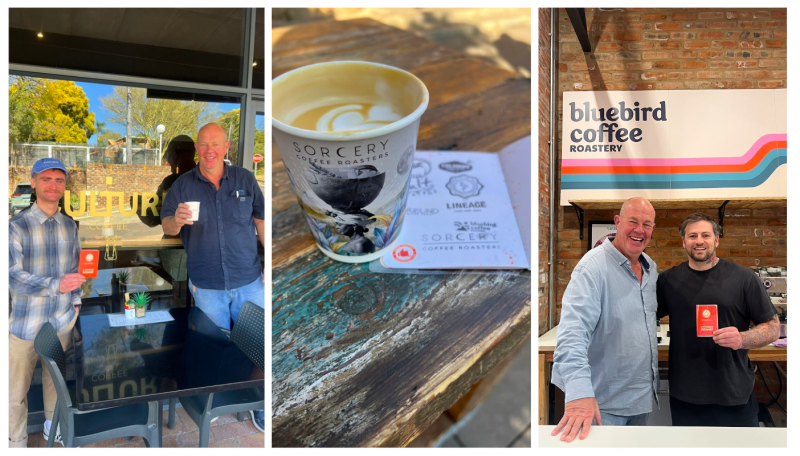
Can you please explain what The Coffee Passport is? How does it work? How can coffee lovers get involved and sign up?
The Coffee Passport is part of the Lekker Passport™ platform — a simple, community-driven way to discover South Africa’s roasteries, cafés, and coffee farms. Coffee lovers join the community at lekkerpassport.com. They get digital access to explore listed roasteries, cafés, and makers across the country. At each stop, they can check in with their phone (no app needed) or collect a physical stamp in a printed passport. Along the way, they unlock badges, rewards, and special trails — making every cup part of a bigger journey. It’s designed to be simple, memorable, and community-led. Anyone who signs up automatically becomes part of Friends of Lekker Passport, our explorer community that shares recommendations and helps us discover new destinations. And yes — the Coffee Passport also works beautifully as a standalone keepsake. Many roasteries and cafés already have stamps they use on cups or packaging, which make for wonderful memories when stamped into the passport. Think of it as “junk journaling” for coffee lovers — with space for stamps, tasting notes, stickers, and mementos from the road. With plenty of blank pages, there’s always room to keep telling your story.
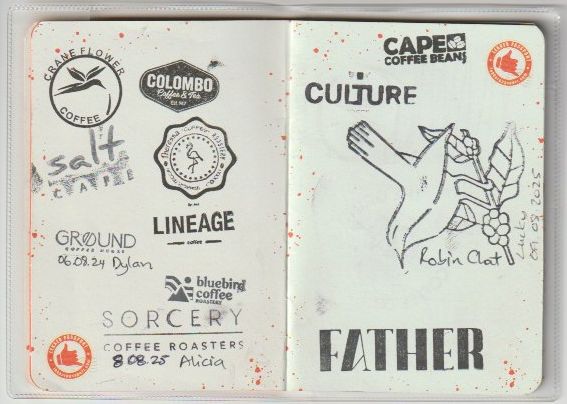
I know you’ve done a few projects like this outside of coffee, could you tell us about those?
The first was the Beer Passport, which has grown into a nationwide movement celebrating independent breweries. More recently, we launched the Lekker Passport itself, which includes farm stalls, bakeries, cheesemakers, distilleries, and other small-town gems.
Each passport has its own flavour, but the underlying mission is the same: to celebrate local legends and make it easier for people to discover them.
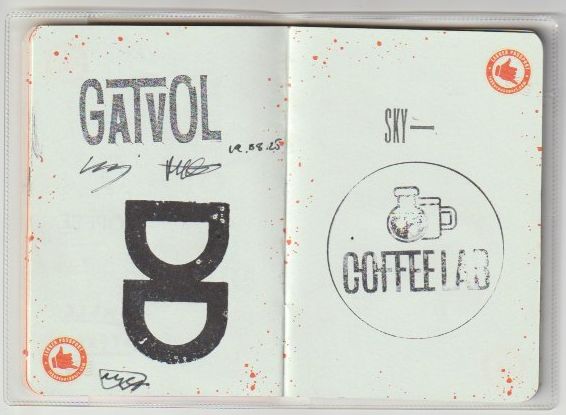
What made you think that coffee would be a good industry for a program like this?
Because coffee connects people. It’s part of daily life, but also part of travel — you’ll often find the best cafés tucked away in the very towns people tend to drive past. Like brewers, coffee roasters are storytellers. They take something grown in far-off places and make it local. They’re often the heart of their communities, creating spaces where people gather, ideas are exchanged, and visitors feel welcome. That’s exactly the spirit we wanted to highlight — and why coffee felt like a natural fit for the Passport project.
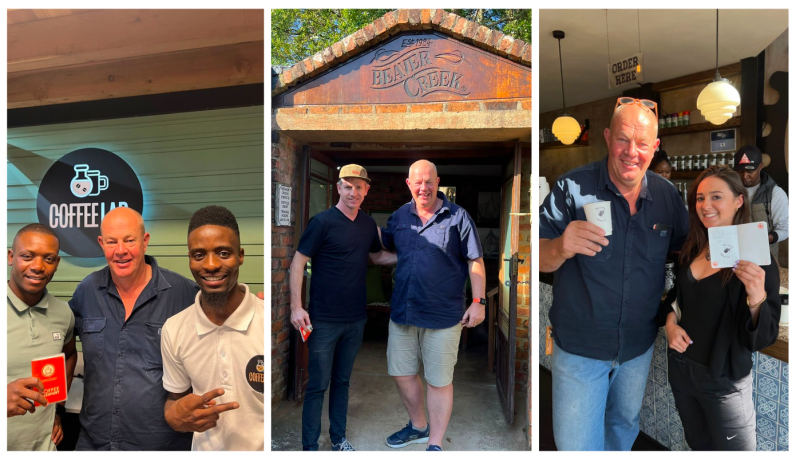
Who are your partner cafés so far?
We’re still in the early stages of building the Coffee Passport network, but already we’ve reached out to some incredible coffee destinations. The list is growing all the time — and one of the most exciting parts of the project is discovering and spotlighting smaller roasters in unexpected corners of the country. What excites me most is how this project encourages slow travel. Instead of just ticking boxes, people are encouraged to take the back roads, discover hidden towns, and connect with the people behind the coffee. That’s the real magic of the Coffee Passport.